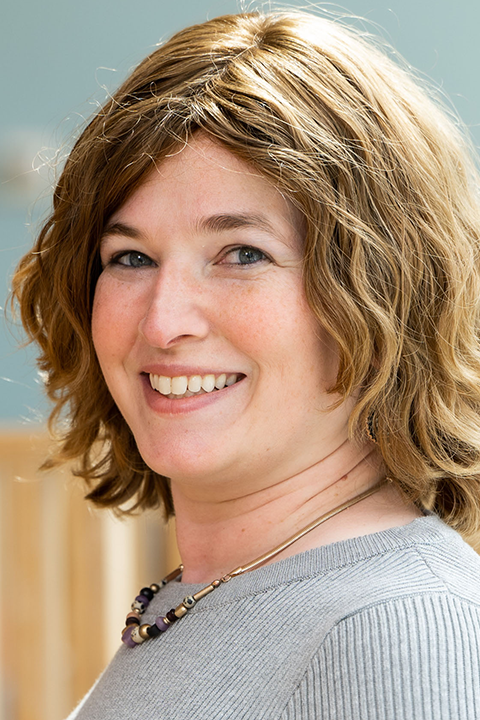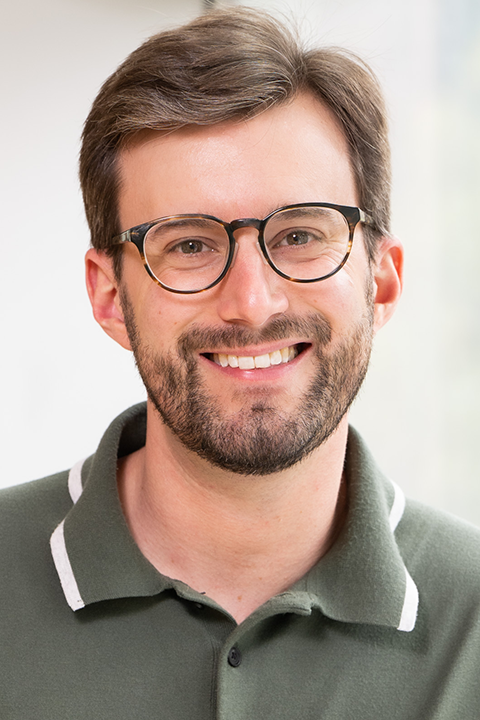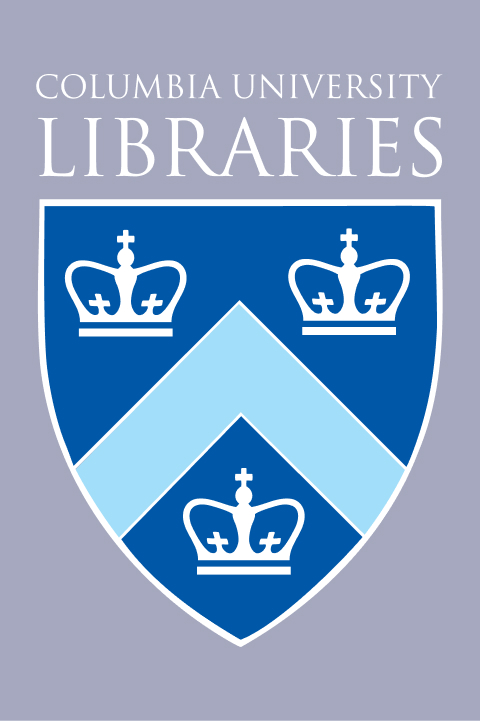Judaica and Israel Studies
This document outlines the Libraries’ general policy on Jewish and Israel studies collecting, but it is not intended to be a rigid set of rules; suggestions from students and faculty are welcome. The Jewish studies collection at Columbia contains materials from the 10th to the 21st centuries, and from all over the world. Hebrew was taught at Columbia since its founding in 1754 and books about Hebrew language and Biblical studies were acquired from the university’s creation. In 1892, with the help of professor Richard J. H. Gottheil, Chair of Rabbinic Literature and Semitic Languages at Columbia,Temple Emanu-El donated its impressive collection of 2,500 Jewish books and 45 manuscripts to the university. Many other important donations of personal papers and books followed, including Salo Baron’s purchase of some 700 manuscripts for the Libraries in the 1930s and the Oko-Gebhardt Spinoza Collection of nearly 4,000 books relating to Spinoza a couple of decades later.
Presently, the Jewish studies collection consists of books in English, Hebrew, Yiddish, Russian, French, Spanish, Portuguese, German, Italian, Ladino, Judeo-Arabic, Judeo-Persian, Judeo-Greek, Judeo-Tatar, and many more. About 100,000 titles are in Yiddish or Hebrew, with Western European, Russian, and Slavic languages comprising much of the remainder. The general collection has a particular historical strength in Yiddish language and linguistics due to the long history of its study at Columbia. The Rare Book & Manuscript Library (RBML) also holds the third-largest collection of Hebrew manuscripts in the country (approximately 1,700 manuscripts), as well as 31 incunabula and nearly 400 16th-century imprints.
As an interdisciplinary collection, Jewish studies materials can be found in libraries across Columbia, but the majority of books in the collection are found in Butler Library (history and humanities), Lehman Social Sciences Library (international affairs and social sciences), the Rare Book & Manuscript Library, Avery Architectural & Fine Arts Library (visual arts and architecture), and the Burke Library (religion). Additional materials can be found in the Music & Arts Library and the Business & Economics Library as well.
The collecting for Jewish studies was historically under the purview of the Middle East bibliographer. Due to this, there were areas that had been left incomplete and there are some gaps in the collection. In 2010, thanks to a generous donation by the Norman E. Alexander foundation, Columbia hired a full-time bibliographer specifically for Jewish Studies and provided funds for general and special collections. Aside from the standard collection policy, gap-filling remains an important aspect of collection development and so faculty and graduate students feedback is critical and most appreciated. (See contact information below.)
The Jewish studies collection in the Libraries primarily seeks to support research and teaching conducted by students and faculty affiliated with the interdisciplinary Institute of Israel and Jewish Studies (IIJS). The four main departments that represent the scholarship in the IIJS are the Department of History, the Department of Middle East and Asian Languages and Cultures, the Department of Germanic Languages and Literatures, and the Department of Religion. The Jewish studies collection also supports cross-disciplinary studies emanating from various other departments throughout the university, such as art, music, sociology, anthropology, film studies, and many others.
a. Undergraduate
There is currently an undergraduate major and a concentration in Yiddish, as well as an undergraduate concentration in Jewish Studies, with potential for expansion due to the many courses offered in this area. Undergraduate students in the List College program (a joint degree program between the Jewish Theological Seminary and Columbia’s undergraduate colleges) are supported through these collections as well. The BA/MA program in Jewish studies will be described in section 2b.
b. Graduate and Professional Schools
The PhD degree in Jewish Studies is based out of one of four departments in the Graduate School of Arts and Sciences: Jewish history (Department of History), Hebrew language and literature (Department of Middle Eastern, South Asian, and African Studies), Yiddish studies (Department of Germanic Languages and Literatures), and Judaism (Department of Religion). There is also an MA program in Jewish studies, which includes a BA/MA degree program. Additionally, graduate students in other areas often include Jewish studies scholarship in their work.
c. Institutes, Interdisciplinary Programs, etc.
The Institute for Israel and Jewish Studies hosts fellows and visiting scholars who actively use the collection, as do faculty throughout the university. Faculty doing work in Jewish studies are involved in the Harriman Institute, the Italian Academy, Deutsches Haus, and many other areas of the university.
d. Course Reserves
Selection for course reserves is up to individual faculty members. The Librarian will do whatever is possible to secure specific materials absent from the collection.
a. Print
Columbia actively collects print materials focusing on Jews/Israel in the following broad subjects: anthropology, archaeology, architecture, art and art history, decorative arts, economic history, environmental issues, folklore, genealogy, graphic arts, graphic novels, film, history from ancient times to more recent decades, history of science and technology, international relations, music, performing arts, philology and linguistics, law and society, library history, Hebrew, Yiddish, and Ladino literature, politics and government, regional studies, religion, social history, sociology, and theology. Reference works in a wide array of subject areas are actively acquired, often located in the Butler Library stacks, but with non-circulating status.
Most of the major works in the various areas remain on site in the relevant library (art and architecture books go to the Avery Architectural & Fine Arts Library, history and humanities books to Butler, etc.). An important collection on site is the Burke Library at Union Theological Seminary, which maintains a significant collection of Hebrew Bible/Second Temple Period materials.
Materials sent to the Libraries’ off-site storage facility (ReCAP) include Hebrew books on subjects outside Jewish/Israeli studies; haredi press publications, and books in languages other than Western European or Hebrew. Periodicals that are available digitally or are well-indexed in online resources such as RAMBI are held off site.
(Note that Columbia affiliates are allowed to purchase a borrowing card for the library at the Jewish Theological Seminary as well, as part of our consortial agreements.)
b. Digital Collections
Important digital collections include digitized materials from our own collections, such as digitized Hebrew manuscripts, available at the Internet Archive, Italian Jewish Community Regulations, and the digitized data records from the Language and Culture Archive of Ashkenazic Jewry. We subscribe to databases such as the Bar Ilan Responsa Project, Jewish life in America, ca. 1654--1954 [Electronic Resource]: Sources from the American Jewish Historical Society, New York, the Encyclopedia Judaica, and many others.
The vast majority of Jewish studies journals in Western languages (and a significant number in Hebrew) are available digitally as well. We also collect e-book packages relating to Jewish studies as relevant and available.
c. Media
Columbia strives to collect a representative sample of cinema and documentaries from throughout the region, largely as DVDs, although a large retrospective VHS collection is held as well. In recent years, we have been focusing particularly on strengthening our collection of Israeli film (housed in the Butler Media Collection).
Included in our media collection are audio CDs of works by Jewish, Yiddish, and Israeli composers (housed in the Music & Arts Library).
d. Languages Collected
Judaica materials are collected in many languages, including English, Hebrew, Yiddish, German, Italian, French, Russian, Spanish, Portuguese, Ladino, Judeo-Arabic, Judeo-Persian, Judeo-Greek, and Judeo-Tatar. As an interdisciplinary field, many of the materials collected in non-Western (or Hebrew/Yiddish) languages corresponding to various world areas (such as Russian, Japanese, etc.) are selected by the librarians in the Global Studies and East Asian divisions.
e. Chronological Focus
Columbia faculty and student interests are wide-ranging, and the chronological parameters of the collections reflect this. We do not impose a chronological limit on our collecting, which covers the ancient period through the present day.
f. Geographical Focus
The Jewish Studies collection covers most of the world, i.e. all places that have or have had a Jewish presence. Emphases can be found on Israel, the United States, and Europe (including Eastern Europe), with smaller collections focused on Latin America, Africa, and the Middle and Far East.
g. Imprint Dates Collected
The main focus of collecting is current and recent (+/- three years) imprints. Gift offers of published materials are carefully searched against OCLC’s WorldCat to ascertain the number of available copies in the ReCAP and Borrow Direct to limit redundancy in holdings. Decisions as to whether to duplicate are made on the basis of the perceived rarity of item, special features or provenance unique to the item in hand, and/or the accessibility of available in-network copies: if a copy at a given institution resides in a non-circulating collection, it makes sense to acquire an additional copy that could circulate in-network. Rare or unique materials from any period may be considered, although for focused area of collection of rare materials, see 3h.
Due to the fact that Columbia did not have a specific librarian for Jewish Studies until 2010, there is a focus on retrospective collecting for materials that are high use/critical to the field or not readily available through our partner borrowing consortia (Borrow Direct and ReCAP).
The Rare Book & Manuscript Library’s Hebraica and Judaica collection maintains a strong focus on collecting unique materials, especially manuscripts, that relate to our current and historical strengths. These include (but are not limited to) early modern Italy (especially Mantua) and Amsterdam, the Jewish communities of the Comtat Venaissan (France) and Corfu, Spanish Jewry and its diaspora, and manuscripts dealing with communities or social history through the early modern period. Evidence relating to the history of the Jewish book, such as bookdealer archives or other bibliographic primary sources, are also of interest as a new area of collecting.
Due to the strength of Columbia’s Yiddish program, and since RBML’s archival collection houses the Language and Culture Atlas of Ashkenazic Jewry (LCAAJ), unique materials in Yiddish are another important area of collection. Columbia’s strong collection of human rights archives includes materials relating to Jewish organizations and this is of continued interest, as is Jewish philanthropy. The Bakhmeteff Archive of Russian and East European Culture contains many collections dealing with Jews and Jewish issues. The RBML collections portal is the best place to begin for information about archival collections.
Other notable Hebraica/Judaica collections at Columbia include the Oko-Gebhardt Spinoza collection and the Almanzi collection. The Almanzi collection includes materials from the libraries of Giuseppe Almanzi, Jacob Emden, and M. J. Lewenstein.
Because Columbia’s rare print collection is strong and vast, we tend not to acquire printed books, except for specific materials lacking from our collection that would highlight the history of Hebrew printing.
a. Consortia and Collaborative Collecting with Other Institutions
Columbia is part of multiple borrowing consortia, including Borrow Direct; ReCAP, which incorporates off-site holdings from Columbia, Princeton University Library, and The New York Public Library into the CLIO, the Libraries’ catalog; and MaRLI, which allows direct borrowing for faculty and graduate students from New York University and The New York Public Library. Columbia’s Judaica collection is also part of the Northeast Consortium of Judaica Collections, which strategizes to ensure a complete corpus of Jewish and Israel Studies collections throughout the northeast corridor.
b. Location Decisions and Selection for ReCAP
All major academic publishers in Western languages and Hebrew are retained on site, as are critical editions of Jewish texts. Popular works by/about the subjects (mostly, but not exclusively fiction) are often retained in the Milstein Undergraduate Library.
We do not focus on the following: Hebrew books on subjects outside Jewish/Israeli studies; haredi press publications; or books in languages other than Western European, Russian, Yiddish, or Hebrew. Periodicals that are available digitally or are well-indexed in sustainable online resources such as RAMBI: The Index to Articles in Jewish Studies are held off site.
Duplication of titles is limited mostly to works identified by faculty as being central to a specific course. In these cases, no more than a few copies are obtained, one of which should be placed by the faculty member on reserve. In cases where a book has a very high circulation rate, an e-version of the copy will be purchased for the library.
Deduplication only takes place when a title has been identified for relocation to ReCAP and a copy already exists on shelf at that facility. Even in this instance, the Librarian will inspect the local copy for any unique features or unusual provenance before assenting to deduplication.
c. Deaccessioning
Titles are generally deaccessioned only in cases where the physical copy is disintegrating and no longer serviceable in print/physical format. In these instances, the Librarian will evaluate whether to make a preservation photocopy, to create or acquire a digital surrogate, and/or whether to replace the physical copy with another. Resources on obsolete formats are reviewed by librarians on a case-by-case basis; in instances where the original format has artifactual value, it will be retained even after it has been digitized or otherwise reformatted.Distinctive collections held in the Rare Book & Manuscript Library, the C. V. Starr East Asian Library, Avery Architectural & Fine Arts Library, and the Burke Library at Union Theological Seminary are not deaccessioned.
d. Digitization and Preservation
Whenever possible, components of the collection located in the Rare Book & Manuscript Library are digitized, and surrogates made available either via the Digital Library Collections or to in-house readers in digital format along with the original collection. Original formats are retained.

Peter Magierski
Middle East & Islamic Studies Librarian
- Global Studies

Michelle Margolis
Norman E. Alexander Librarian for Jewish Studies
- Global Studies

Jeffrey Wayno
Collection Services Librarian
- The Burke Library at Union Theological Seminary

Robert H. Davis
Russian, Eurasian & East European Studies Librarian
- Global Studies

Tanya Chebotarev
Curator, Bakhmeteff Archive
- Rare Book & Manuscript Library
Last updated: February 2019